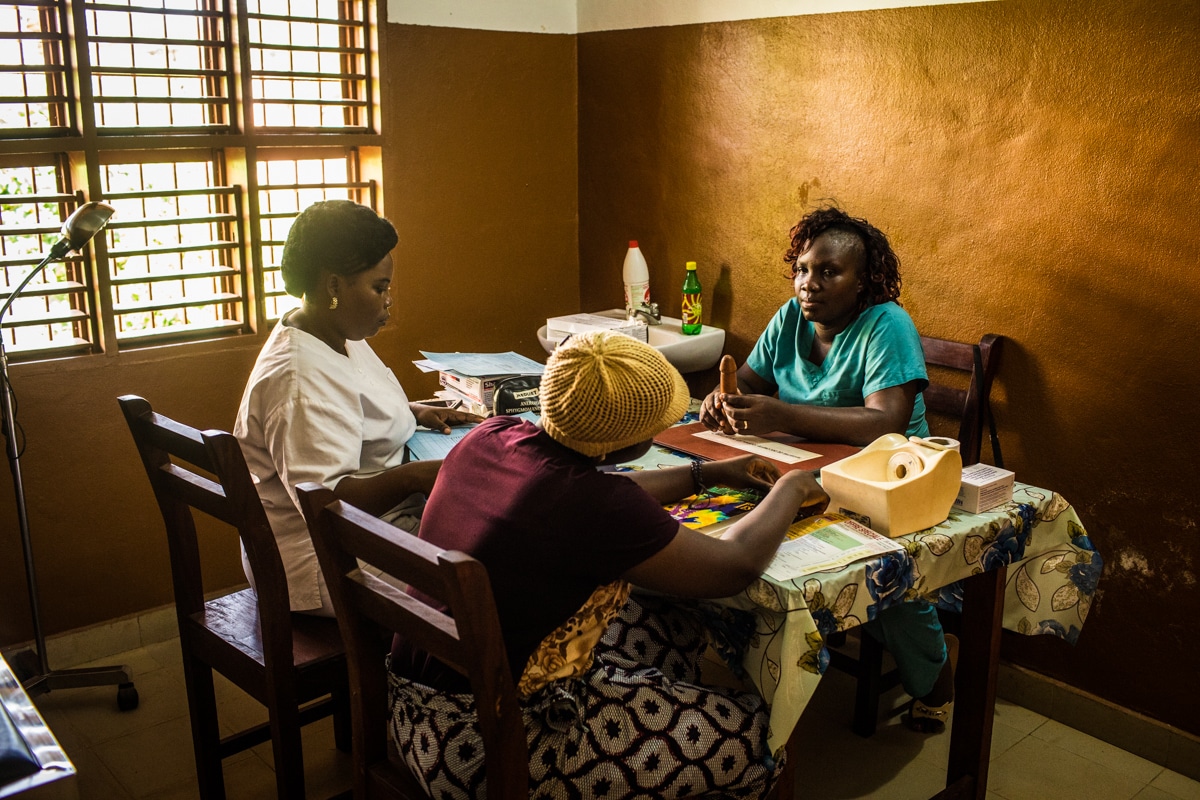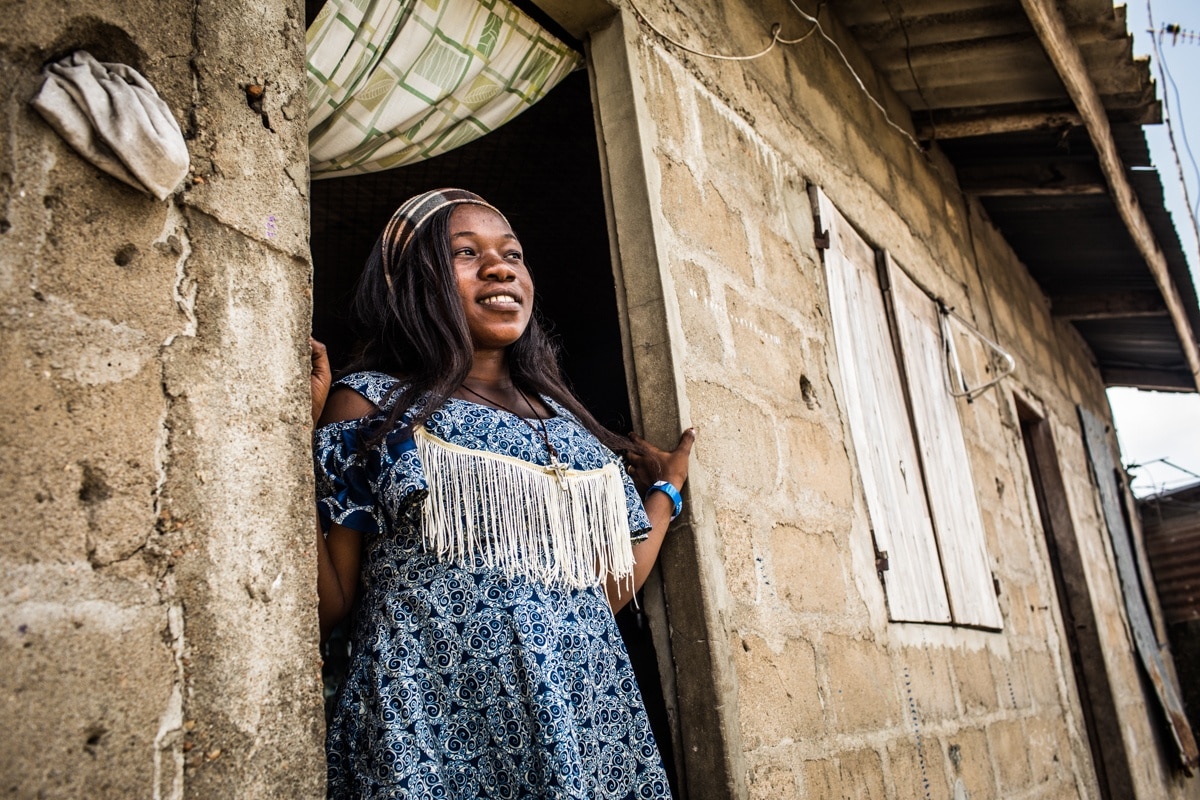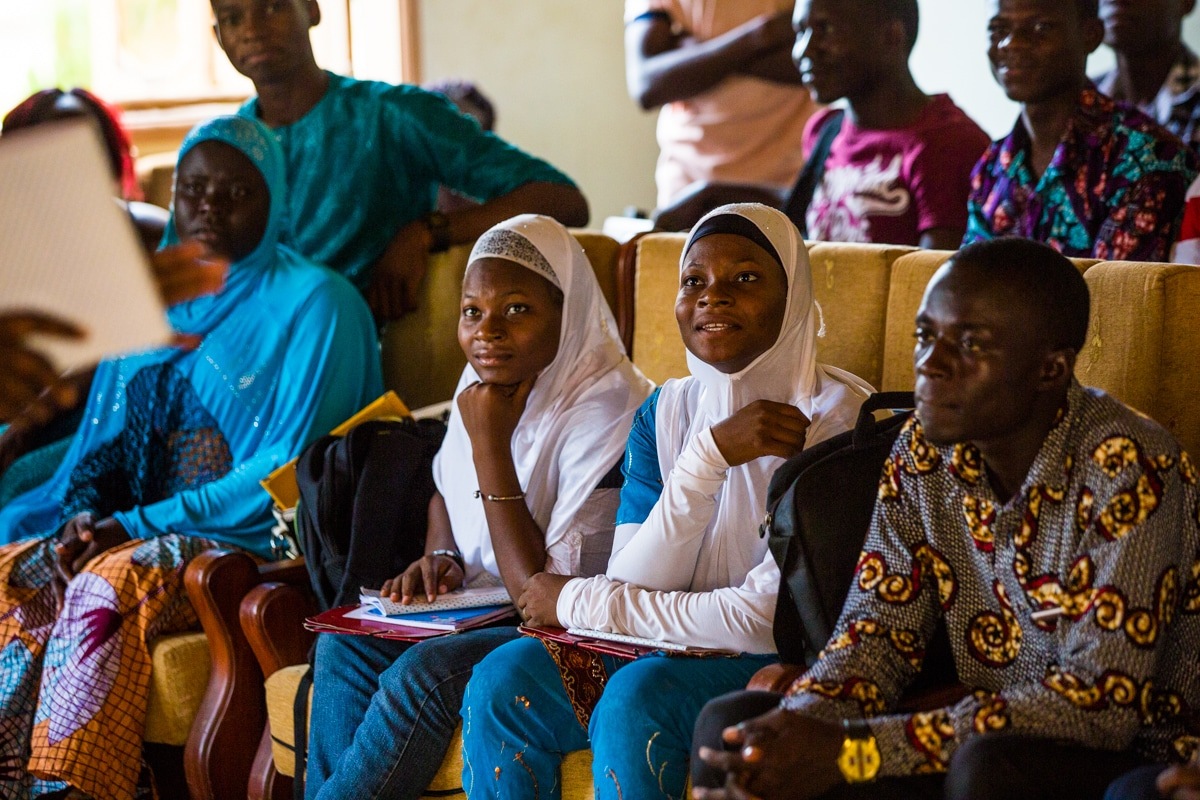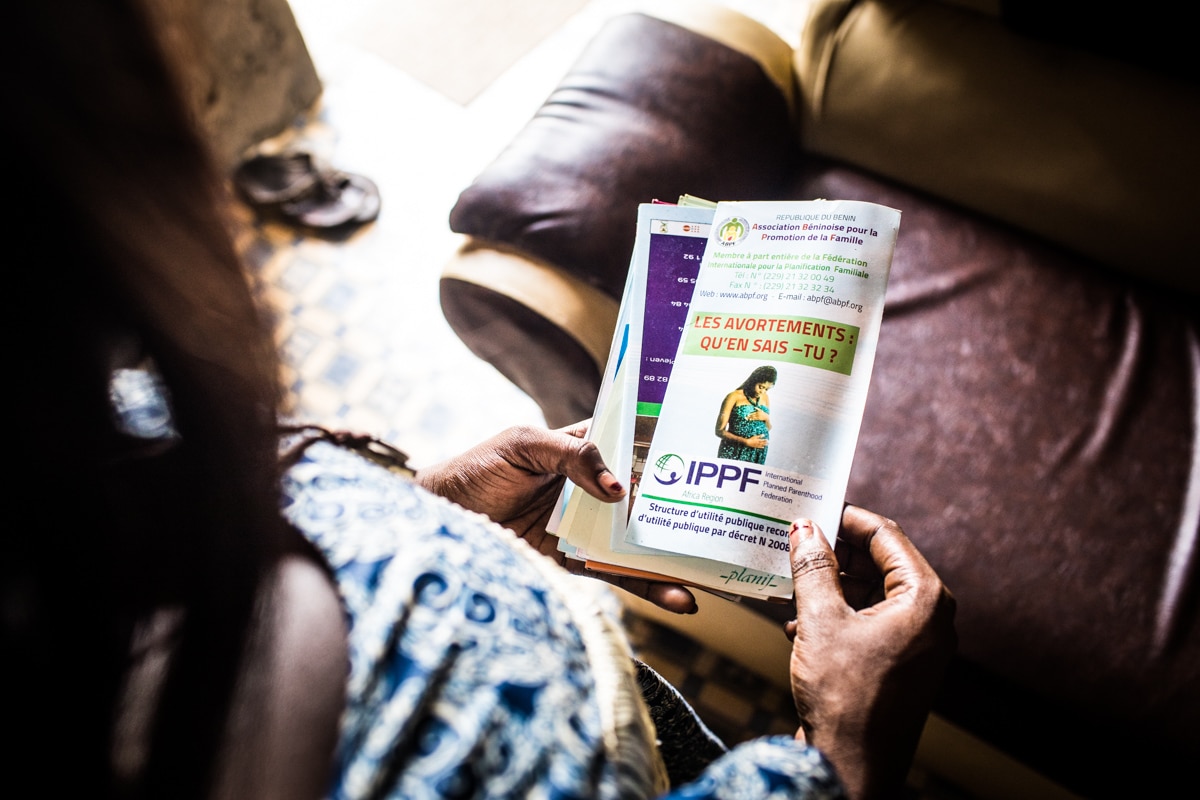Benin

BENIN, AN OVERVIEW
Benin has almost 12.1 million inhabitants, more than half of them under the age of 24. They mostly live in rural areas (55%) and the average annual rate of urbanization is 3.67% (2010-2015). Despite a recent downward trend, the poverty rate remains high, at 46.4% in 2018 (with a poverty line of $1.90 a day in purchasing power parity).
Although it has had stable and robust economic growth for two decades, its poverty is due to a low level of growth per capita (only 1.6% on average during the period 2006-2016).
BENIN IN FIGURES
- Total population 2020* : 12.1 M
- Population growth rate* :
-
8% per year in Benin
- 1% per year in global terms
-
- Very young* population :
- 32% aged between 10 and 24
- 43% aged under 15
- Fertility rate of women aged 15-49 (2015-2020)*: 4.9 children per woman
- Contraceptive prevalence rate of women aged 15 to 49 (2018)*:
- 20% all methods
- 14% modern methods
- Maternal mortality ratio (2017)**: 397 deaths per 100,000 live births
- Rate of early marriage*: 16% of adolescents aged 15 to 19 married
- Early pregnancies*: 37.3% of adolescents under the age of 19 pregnant or have given birth
- Unmet family planning needs: 30% of women aged 15 to 49
*www.unfpa.org/data/world-population/BJ
**www.apps.who.int/gho/data/node.home

Bénin
THE FRENCH MUSKOKA FUND IN BENIN
Read about some of our high-impact interventions:
Improving the quality of care for mothers and newborns

An initiative to assess and improve the quality of care was introduced in Benin in 2016-2017 with more than fifty maternity hospitals visited in total (in 7 French-speaking West African countries). Recommendations were disseminated and some corrective action taken, including:
better division of human resources, creation of newborn corners, and better monitoring and quality control of essential drugs and supply mechanisms.
Essential family practices

The French Muskoka Fund has helped strengthen communication between community stakeholders such as local authorities, religious leaders, community health workers, the media and local radio. Interventions have progressed steadily from a strictly promotional approach to a community-based approach, with the community at the center of dialogue, diagnosis and decision-making.
Benin has piloted a participative method of developing its communication plan, with community-based diagnosis.
Family planning in communities

Community-based distribution of family planning products consists of ensuring family planning services are provided by community health workers, to bring these services to households that are remote from health facilities.
This has been introduced in Benin, where delegating tasks to community health workers has been made part of its health policy. The community health workers have received training with the support of the French Muskoka Fund.
A major innovation was the addition of injectable contraceptives to the available product range.
Equitable access to qualified health care staff

A health labor market analysis supported by the French Muskoka Fund has enabled sensible and economically viable decisions to be made to get the health workers the country needs and revise the health sector investment plan to prioritize the health workforce. An initiative to assess and improve the quality of care was introduced in 2016-2017 with more than fifty maternity hospitals visited in total (in 7 French-speaking West African countries). Recommendations were disseminated and some corrective action taken, including: better division of human resources, creation of newborn corners, and better monitoring and quality control of essential drugs and supply mechanisms.
KEY RESULTS
%
reduction in newborn mortality between 1990 and 2018 in Benin
%
reduction in under-five mortality between 1990 and 2018 in Benin
%
increase in the rate of births attended by qualified staff between 2010 and 2017 in Benin
%
increase in exclusive breastfeeding rates in babies under 6 months
%
reduction in the birth rate among adolescents between 2010 and 2015
%
increase in women’s use of modern contraception in 2017
stories
Hounson
Adjohoun, Benin
Marcelline
Cotonou, Benin
Annick
Benin
Contact us
To contact us, complete the form below and we will get back to you as soon as possible.

